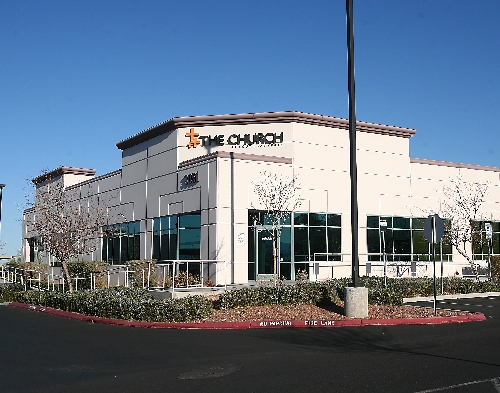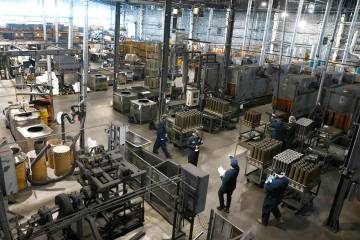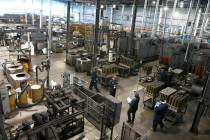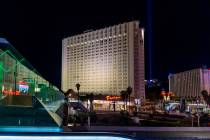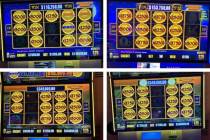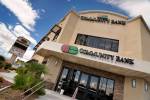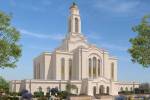In slump, even churches suffer
The Church at South Las Vegas was just one of the countless Las Vegas real estate deals that went into Chapter 11 bankruptcy with the Great Recession, but it's on track to finish much better than most.
The independent Christian denomination, which claims more than 4,000 members, has found a financial angel who has put up most of the $4 million package that will pay off mortgage lender First Bank of Creve Coeur, Mo. Canadian businessman and philanthropist Ron Fehr, a friend of church board member and pastor Jude Fouquier, will provide a $2.3 million loan at zero direct interest, and will donate outright $700,000. The church will kick in $1 million from funds on hand.
Bankruptcy court documents do not list the exact amount that the bank accepted as total payment on the $7.9 million it is owed, however.
If the deal closes by Feb. 24 -- church attorney Gabrielle Hamm said the money is already in escrow -- the church would dismiss its bankruptcy and return to normal operations.
The 9-year-old church, which gained fame beyond its Henderson home for its Hookers for Jesus ministry to prostitutes, took out a $9.1 million loan in 2007 to refinance its nondescript building in an office park and to purchase an adjacent two-acre parcel. When the growing church prepared to break ground on a new auditorium it came in conflict with the bank.
"The Church at South Las Vegas never missed a payment," Fouquier said. "But when we wanted to build the auditorium with money contributed by our members, the bank declared a default" because the Las Vegas real estate crash reduced the property value well below the amount owed.
But in court papers, Therese DeGroot, market president of the bank's religious lending group, said the bank thought it had an agreement with church leader and founder Benny Perez, also a pastor, to use member contributions to pay down debt first.
Because of the dispute, the church halted loan payments last May, leading to the bankruptcy filing two months later.
The case then moved to the legally thorny issue of whether the bank could claim the collection plate as part of its collateral. This stance, Hamm said, helped drive the settlement for the undisclosed payoff that was reached in November.
Church lending has emerged as a sizable niche in recent years. According to DeGroot, the United States has about 350,000 churches controlling $400 billion in assets, with total religious giving running $101 billion in 2010, an attractive market to some financial institutions.
However, a limping economy has hit the pulpit.
"Churches are no different than the economy in general," said Alan Barclay, CEO of Church Security Finance in Houston. "But churches are usually very conservative about taking on debt and will do everything they can do avoid a default."
Another church lender, who requested anonymity, said donations suffered as unemployment rose.
"When money is tight, people will take care of their mortgage and utilities first," the lender said. "They decide that they can get away with it for a while if they don't pay God."
As a result, DeGroot said in court papers, church lending has run into "the highest level of defaults, both strategic and cash-flow-driven, ever experienced in the market."
During the year's first half, according to Chief Financial Officer Deborah Whittington, the Church at South Las Vegas averaged monthly revenue of $356,000 and $36,000 cash flow after basic expenses. After an appraisal showed the church property was worth only $2.4 million, compared with the $7.9 million owed on the loan, "(I)t is simply impossible for the church to continue to sustain the monthly note payments of $51,929 and at the same time raise building donations for necessary expansion."
Donation levels of prior years weren't disclosed.
Contact reporter Tim O'Reiley at toreiley@reviewjournal.com or 702-387-5290.



